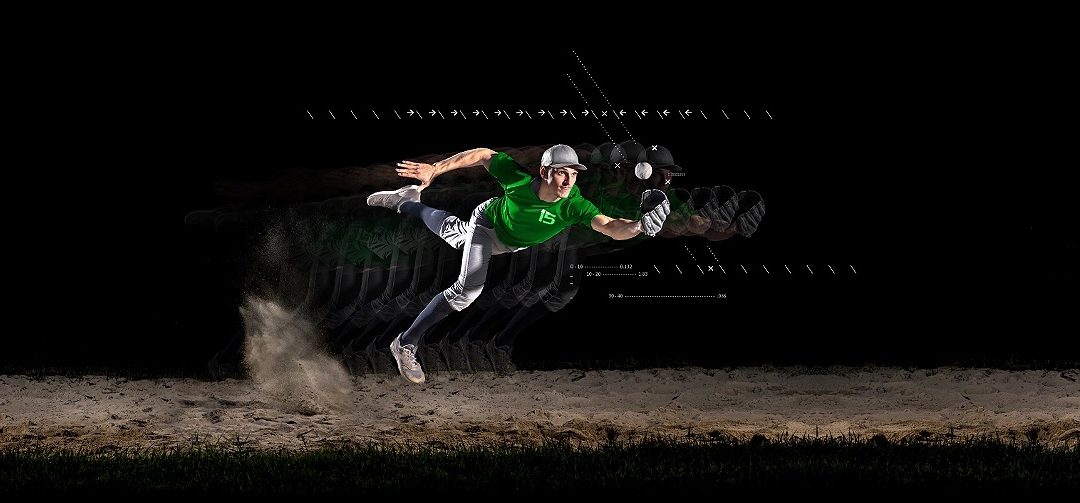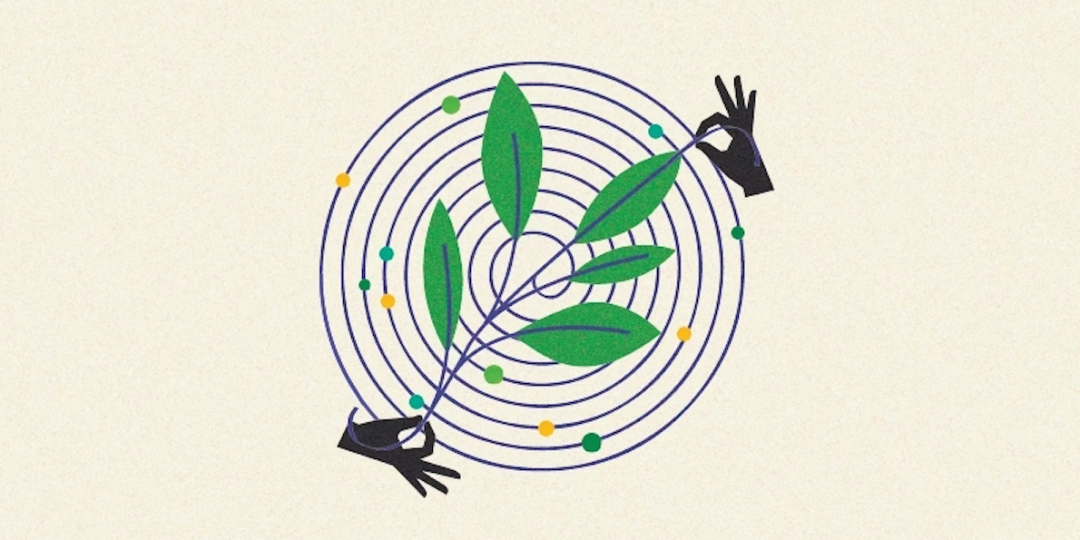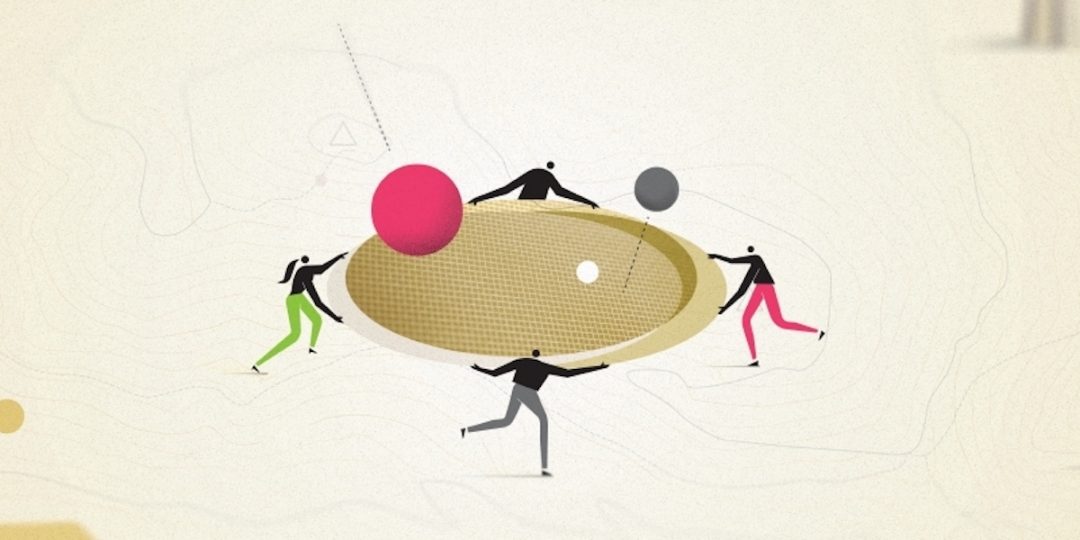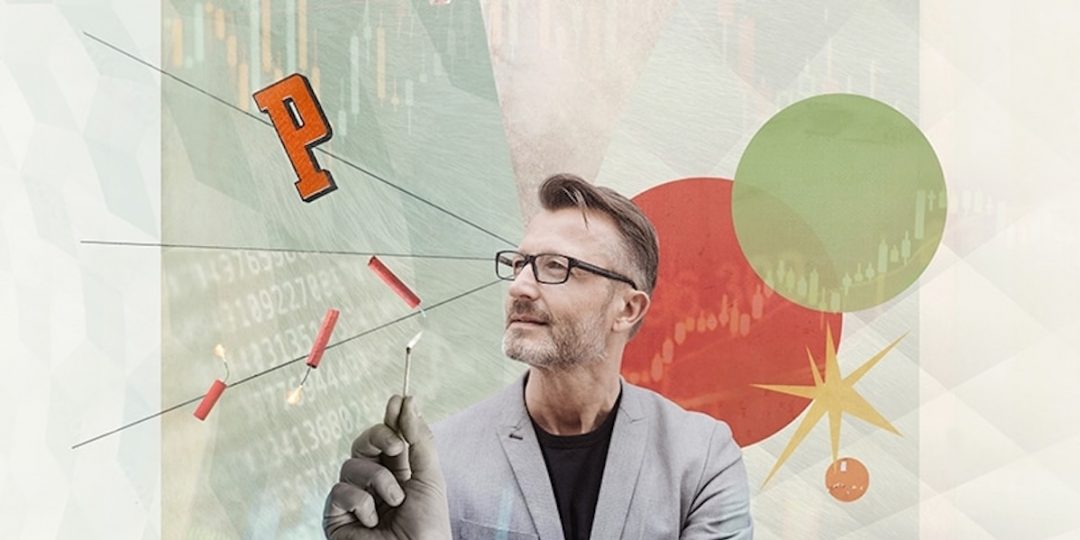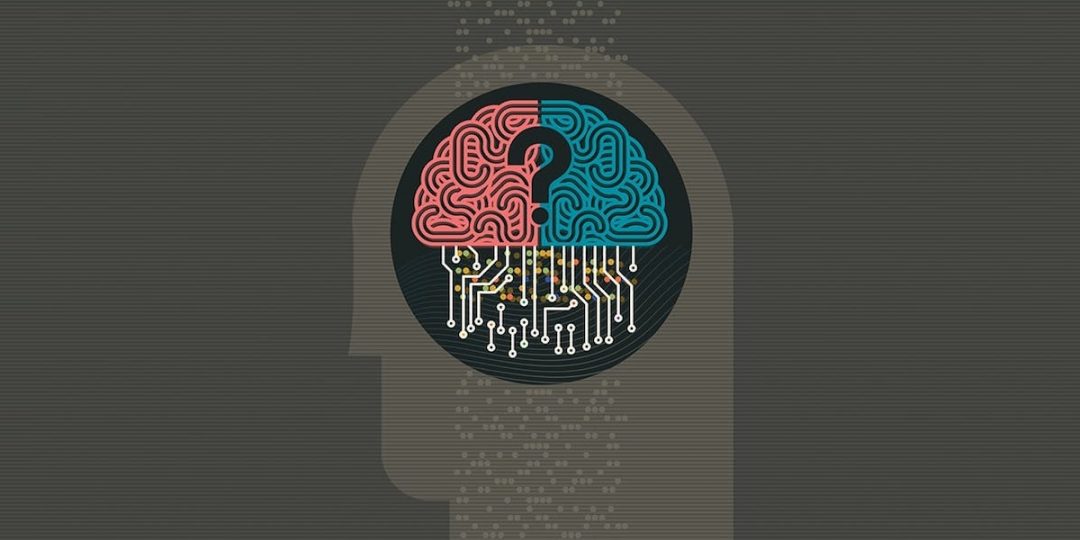Predicting the future of work presents significant challenges due to the intricate interplay between technological advancements and human decision-making. To better understand the potential outcomes and critical decision points, more sophisticated models are necessary.
Continue readingCategory: The Firm
Decision Making in Uncertain Times
With (Australian) Robodebt and the (UK) Post Office in the news, now is a great time to reconsider how we govern our organisations and institutions. How is it that highly regarded executives and boards went so far astray?
Continue readingDistributed stupidity
There’s been a recent up tic in interest in the ethics of AI, and the challenge of AI alignment. Particularly given the challenges at OpenAI, the consequences of which are still appearing the news. Many pundits think that we’re on the cusp of creating an artificial general intelligence (AGI), or that AGI is already here. There’s talk of the need for regulations, or even an “AI pause”, so that we can get this disruptive technology under control. Or, at least, prevent the extinction of humanity.
AGI is certainly a good foundation for building visions of dystopian futures (or utopian future, if you choose), though we do appear to reading a lot into the technology’s potential. Tools such as large language models (LLMs) are powerful tools and definitely surprising (for many) but (as we’ve written before) they don’t appear to be the existential threat many assume.
Continue readingHow tax can help untangle the Gordian sustainability knot
We have a new essay published in Deloitte Insights, How tax can help untangle the Gordian sustainability knot, a collaboration between C4tE and the tax team at Deloitte. The essay emerged from conversations about how tax teams want to do more to support sustainability, but it’s not clear what to do as the team’s day-to-day operations have little impact their organisations sustainability footprint. What we realised is that tax is in a unique position to help untangle the gordian knot of sustainability.
Continue readingHow industries evolve
We have a new essay published in Deloitte Insights, How industries evolve: Interactions, not institutions, drive disruptive change, a collaboration with Damien Crough from prefabAUS. This essay builds on the observation in The real landscape of technology-enabled opportunity. that disruption is typically the result of the accumulation of many minor innovations, rather than being driven by some significant disruptive innovation, by showing how industries evolve when the verbs change (how organisations in the industry interact) rather than the nouns (disruption of the organisations themselves).
Continue readingStrategy and the art of the possible
We have a new essay published by Deloitte Insights, Strategy
and the art of the possible. This essay is the result of us pulling together a few threads that we’d been exploring in other areas. The most recent of these was Negotiating the digital-ready organisation, where we explored the idea of thinking about the digital workplace in terms of three interrelated ecosystems: the human, place and digital. One could view this essay as the intersection of that ecosystems view with idea of the extended mind that has been popping up in quite a bit of our other work—such as being one of the underlying themes in our recent series on creativity in business.
Investing in creative potential
We have a new essay published by Deloitte Insights, Investing in creative potential. This essay is the third in our series on creativity in business, and explores how a firms leader’s invest to improve the firm’s creativity. The challenge that there is more to creativity than individual skill, and so simply training staff in some creativity technique (such as design thinking) will do very little to improve creativity. We need a more holistic approach.
Continue readingA moral license for AI
We have a new essay published in Deloitte Insights, A moral license for AI: Ethics as a dialogue between firms and communities. This collaboration with CSIRO’s Data61 looks into the challenge of creating ethical AI, picking apart the problems and proposing a way forward. There’s a launch event on the 2nd of September, 2020, which you can register for via Zoom.
Continue readingInnovating your way out of the crisis
We have a new blog post up on the Deloitte blog, Innovating our way out of the crisis.
In the past few weeks we’ve written about need for management to get out of the bunker mentality that uncertainty and a rapidly unfolding crisis had pushed us into, and how we have a perfect storm for innovation with demand collapsing for the old thing while new demand is popping up as we adapt, and the government is (effectively) subsidising innovation by providing unsecured loans and underwriting payroll (via JobKeeper). Put these together and you have the potential for (some) firms to emerge from the crisis stronger and more capable than they went in. New winners and losers will be created, and so on. That leaves one question unanswered: Where should a firm look for these new opportunities?
Now we’ve had a go at creating an innovation mud map to help find where a firm might innovate. Our hope is for this to be a conversation starter inside firms.
Published on the Deloitte Risk Advisory blog as Innovating our way out of the crisis.
Continue readingThe government is paying you to innovate
We have a new blog post up on the Deloitte blog, The government is paying you to innovate. The post points out that, due to a number of factors, now might be the perfect time to innovate.
There is a few reasons for this.
First is that we seem to have a perfect storm for innovation. The pandemic means that doing the old thing is not an option for many firms, with many of us stuck at home and the government restricting how businesses operate. At the same time, new demand is appearing and we all learn how to live in the new normal.
Second, and as we pointed out in Getting out of the crisis, the business environment post shutdown is unlikely to be the same as pre shutdown. The best way to prepare is to experiment now, to learn how consumer behaviour is changing, and start building the assets and services that will you’ll use in the new normal.
Third, and finally, the government is providing unsecured loans and is even willing to underwrite payroll. The government is effectively paying you to innovate.
There’s already early evidence that firms who are experimenting and adapting will emerge from this shutdown more efficient and effective than they went in. Now would appear to be the perfect time to innovate.
Published on the Deloitte Innovation blog, 20th of May 2020, as The government is paying you to innovate.
Continue reading
